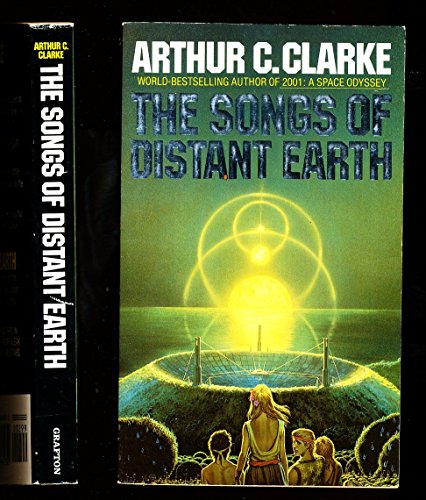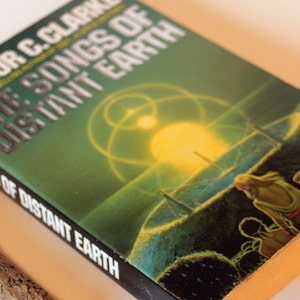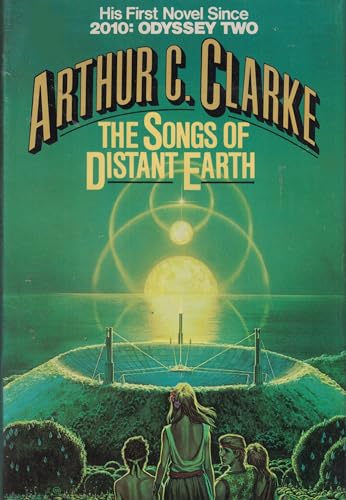

The story begins on a planet that was long ago established by one of those seed ships, and the inhabitants are unexpectedly visited by a ship of humans who claim to have traveled directly from Earth shortly before its destruction.


At that time, they didn’t have the technology to send living humans such great distances. When it became clear Earth’s destruction was imminent, various seed ships were sent out to different planets to keep the human species from being wiped out. This book is set on an alien planet populated by humans in the far distant future.

I’ve read a couple other books by the author and I haven’t been very enthusiastic about any of them, so his writing style just may not work for me. It wasn’t bad, but nothing about the story or the characters gripped me. This book was a pretty average read for me. He goes on with more explanation of what happened to god.pages 254-259, 1986 paperback Serendib BV edition. I'd guess that not more than 10 billion man years were ever spent discussing them.' " By the time they'd finished dissecting God, the philosophers has used up all the other 20 or so letters of the ancient Greek alphabet, but Alpha and Omega will do very nicely for this morning. 'then there was The God who created the universe and might or might not have had anything to do with it since then. You worshipped Alpha, prayed to it, carried out elaborate religious ceremonies, and built huge churches in its honor. It was the hypothetical entity supposed to watch over the affairs of everyday life - every individual, every animal!-and to reward good and punish evil, usually in a vaguely described existence after death. 'The personal God, sometimes called God One, became Alpha. This at least stopped people arguing at cross-purposes, which caused 90% of the trouble in the past. 'instead, it was replaced by a whole constellation of specialized words. that's why it slowly dropped out of use during the third millennium except as an expletive-in some cultures, too obscene for polite use. " 'the trouble with the word god,' he began slowly, 'is that it never meant the same thing to any two people - especially if they were philosophers. My favorite part is the explanation of god that one of Clarke's characters gives: The exchange of technology and culture is a delight to experience through the eyes of Clarke's well-written characters. Ship Magellan has crossed 50 light years, stopping at planet Thalassa to pick up some water from their ocean. Mostly a water-world, these people are happily settled. A ship bound from the now-destroyed earth comes to a planet where one of Earth's seedships had landed 7 centuries ago. It's thought-provoking and full of good vibes.


 0 kommentar(er)
0 kommentar(er)
